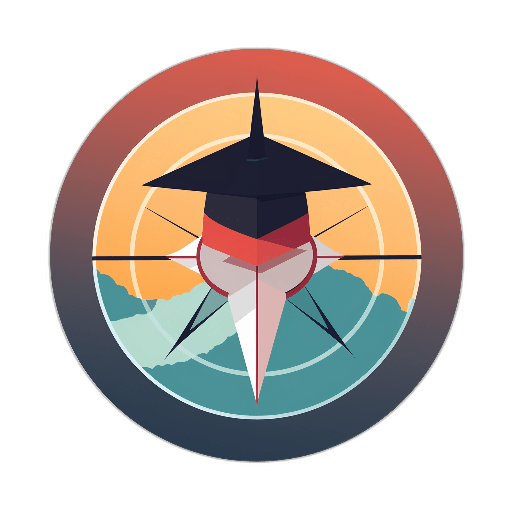How to Find and Utilize Open Educational Resources?
Open educational resources (OER) have revolutionized the way we access and share knowledge. These freely available materials have the potential to enhance learning experiences for students, educators, and self-learners alike. In this digital age, finding and utilizing OER can significantly benefit individuals seeking to expand their knowledge and skills without financial constraints. Let’s delve into some effective strategies on how to find and make the most of open educational resources.
Understanding Open Educational Resources
Before diving into the process of finding and utilizing OER, it’s crucial to have a clear understanding of what these resources entail. OER are educational materials that are freely accessible and openly licensed, allowing users to retain, reuse, revise, remix, and redistribute them. These resources encompass a wide range of content, including textbooks, videos, interactive simulations, quizzes, and more. By leveraging OER, individuals can access high-quality educational materials at no cost, promoting equitable access to learning opportunities.
Exploring OER Repositories
One of the primary ways to discover OER is through dedicated repositories that curate a vast collection of openly licensed materials. Platforms such as OER Commons, MERLOT, and OpenStax offer a diverse array of resources across various subjects and disciplines. By exploring these repositories, users can browse through a multitude of educational materials, filter content based on their specific needs, and access resources that align with their learning objectives. These repositories serve as valuable hubs for discovering and accessing a wealth of OER content.
Utilizing Search Engines Effectively
In addition to OER repositories, search engines can also be powerful tools for finding open educational resources. By using specific search operators and keywords, individuals can narrow down their search results to locate OER that meet their requirements. For instance, including terms like “open access,” “Creative Commons,” or “public domain” in search queries can help identify openly licensed materials. Moreover, utilizing advanced search features to filter results by usage rights can ensure that the resources found are freely available for reuse and modification.
Engaging with Open Licensing
Understanding the concept of open licensing is essential when utilizing OER. Creative Commons licenses, for example, provide a standardized way to grant permissions for the use of creative works. By familiarizing yourself with the different types of Creative Commons licenses, you can ensure compliance with the terms of use when accessing and sharing OER. Being aware of licensing terms allows individuals to leverage OER appropriately, respecting the rights of content creators while benefiting from the flexibility of openly licensed materials.
Creating and Sharing OER
Beyond consuming existing OER, individuals can also contribute to the open education movement by creating and sharing their own educational resources. Whether it’s developing open textbooks, designing interactive modules, or producing instructional videos, sharing content under open licenses can enrich the OER ecosystem. By freely sharing knowledge and expertise, individuals can support collaborative learning environments and empower others to access high-quality educational materials.
Integrating OER in Learning Environments
Incorporating OER into formal and informal learning environments can enhance educational experiences for both educators and learners. By integrating OER into curriculum design, educators can customize learning materials to cater to diverse student needs, promote engagement, and foster a culture of sharing and collaboration. For learners, accessing OER can provide opportunities for self-directed learning, exploration of new subjects, and continuous skill development.
Embracing a Culture of Openness and Collaboration
As the open education movement continues to grow, embracing a culture of openness and collaboration is key to maximizing the potential of OER. By actively participating in OER communities, sharing feedback, contributing resources, and engaging in discussions, individuals can collectively advance the accessibility and quality of open educational materials. Building networks with like-minded individuals and institutions can foster a culture of knowledge sharing and innovation, driving the evolution of open education initiatives.
Embracing the Opportunities of Open Educational Resources
In conclusion, the widespread availability of open educational resources presents a wealth of opportunities for individuals seeking to expand their knowledge and skills. By effectively finding, utilizing, and contributing to OER, individuals can access high-quality educational materials, customize learning experiences, and engage in collaborative learning environments. Embracing the principles of open licensing, exploring diverse repositories, and integrating OER into learning environments can empower individuals to harness the full potential of open education. In a world where knowledge is increasingly accessible, embracing open educational resources can pave the way for lifelong learning and continuous growth.







